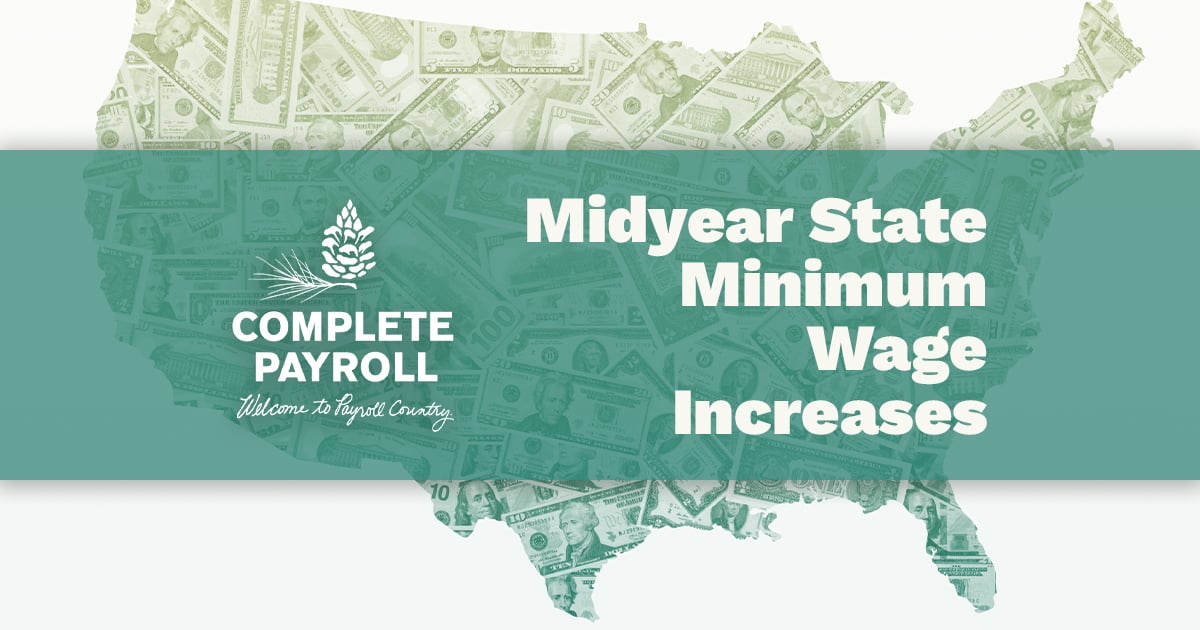New Non-Compete Restrictions and What they Mean for Employers

Written by Complete Payroll
_11zon-1.webp?width=1800&height=1200&name=Copy%20of%20Copy%20of%20Untitled%20(1)_11zon-1.webp)
_11zon.webp?width=600&height=400&name=Copy%20of%20Copy%20of%20Untitled%20(1)_11zon.webp)
The Biden administration recently signed an executive order encouraging the Federal Trade Commission (FTC) to ban or limit noncompete agreements.
The administration says the new order will promote workplace competition and make it easier for workers to switch to higher-paying jobs and ban or limit cumbersome occupational licensing requirements that impede economic mobility. Proponents of noncompete agreements say they prevent employees from sharing trade secrets or proprietary information with new employers.
What is a non-compete agreement?
Non-compete agreements (also known as “covenants not to compete" or "restrictive covenants") restrict the ability of employees to go into business against their employer within a certain geographic area for a certain period. Employees who sign them are agreeing that they will not compete with their employer by engaging in any business of a similar nature, as an employee, independent contractor, owner, part owner, significant investor, and whatever other forms of competition the employer identifies to cover its bases.
Noncompete agreements are very common. According to a 2019 report from the Economic Policy Institute (EPI), 31.8% of private-sector businesses that responded to an EPI survey said that their employees had to sign a non-compete agreement, regardless of their job duties or compensation. Even among respondents whose companies had an average wage of less than $13 an hour, 29% required their workers to sign these covenants.
States have traditionally regulated non-compete agreements. California, North Dakota, and Oklahoma completely ban non-compete agreements, and a new law in Washington, D.C. will soon ban them as well.
Maine, New Hampshire, Massachusetts, Maryland, Virginia, Rhode Island, and Washington all ban non-compete agreements for low-wage earners specifically, and Oregon, Nevada, and Illinois passed bills in their latest legislative sessions aiming to curtail the practice for low wage workers. In some states, non-compete agreements are not enforceable against an employee who is laid off or terminated.
So what does this mean for employers?
While the executive order directs the FTC to examine the use of these covenants and pursue a process that could limit such agreements, it is unlikely that the FTC will completely ban them, as they do legitimately protect employers’ business interests. Additionally, it will probably take years before the administration completes the new rule-making process.
In the meantime, here are some steps you should take as an employer to prepare for a changing landscape:
- Assess whether non-compete agreements are necessary for your company
- Evaluate your non-compete agreement for compliance with state law
- Review your current non-compete agreements for the duration, geographical limitations, and the type of jobs in which they are used
- Make sure your non-compete agreement is not overly broad
- Consider other provisions, such as confidentiality, non-solicitation, and non-interference obligations, that can protect your business interests if a national ban on non-competes is signed into law
- Examine the feasibility of incentives for employees who voluntarily agree to non-compete agreements, such as additional leave
- Ensure that your company’s non-compete agreements are targeted, fair, and not overly harsh or oppressive to your employees
How can we help you prepare?
Complete Payroll is a Buffalo, New York-based company that provides complete workforce management tools including payroll, timekeeping, advanced HR software, and HR support. We believe that humans are your best resources, and they should be paid, managed, and supported with enterprise technology and people that care. Contact us today to find out how we can help you, including preparing your company for possible changes to federal non-compete regulations.















 Get Instant Blog Notifications
Get Instant Blog Notifications


